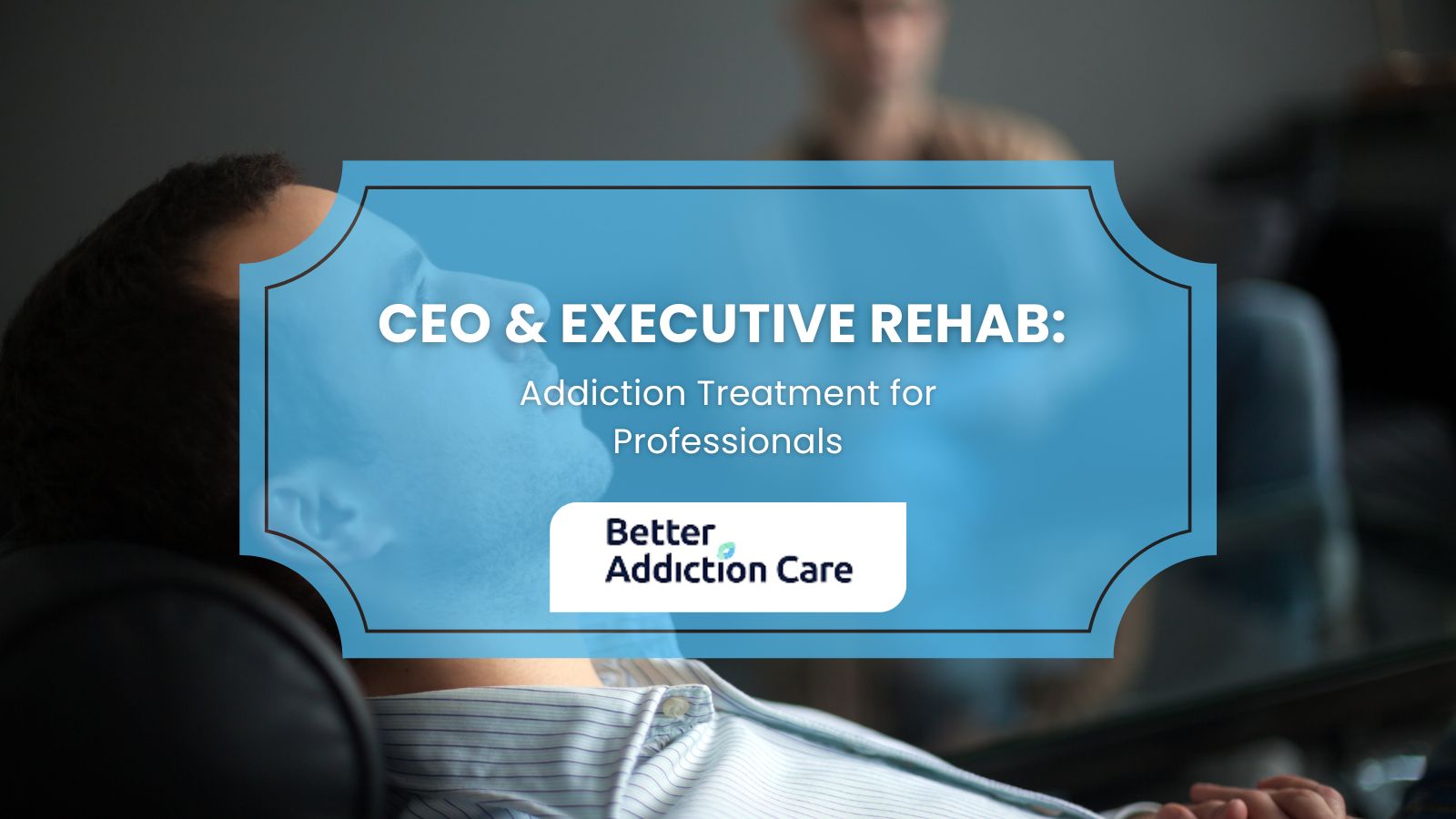Center for Evaluation and Counseling

Overview
Center for Evaluation and Counseling is a mental health treatment center for people seeking treatment near Morris County. As part of their treatment modalities for recovery, Center for Evaluation and Counseling provides couples/family therapy, group counseling, and cognitive behavioral therapy during treatment. Center for Evaluation and Counseling is located in Parsippany, New Jersey, accepting cash or self-payment for treatment.
Center for Evaluation and Counseling at a Glance
Payment Options
- Cash or self-payment
- Private health insurance
- State welfare or child and family services funds
- State corrections or juvenile justice funds
- Other State funds
Assessments
- Comprehensive mental health assessment
- Comprehensive substance use assessment
Age Groups
- Children/adolescents
- Young adults
- Adults
- Seniors
Ancillary Services
- Court-ordered outpatient treatment
- Family psychoeducation
Highlights About Center for Evaluation and Counseling
6.65/10
With an overall rating of 6.65/10, this facility has following balanced range of services. Alcohol Rehabilitation: 8.00/10, Drug Rehab and Detox: 6.00/10, Insurance and Payments: 6.00/10, Treatment Options: 6.61/10.-
Alcohol Rehabilitation 8.00
-
Treatment Options 6.61
-
Drug Rehab and Detox 6.00
-
Insurance and Payments 6.00
Treatment At Center for Evaluation and Counseling
Treatment Conditions
- Mental health treatment
- Substance use treatment
- Co-occurring Disorders
Care Levels
- Outpatient
Treatment Modalities
- Couples/family therapy
- Group counseling
- Cognitive behavioral therapy
- Dialectical behavior therapy
- Telemedicine/telehealth therapy
Ancillary Services
Languages
- Spanish
- Other languages (excluding Spanish)
- Hindi
Special Programs
- Criminal justice (other than DUI/DWI)/Forensic clients
- Persons with post-traumatic stress disorder (PTSD)
Contact Information
Read our Most Recent Article About Drug Addiction
DISCLAIMER: The facility name, logo and brand are the property and registered trademarks of Center for Evaluation and Counseling, and are being used for identification and informational purposes only. Use of these names, logos and brands shall not imply endorsement. BetterAddictionCare.com is not affiliated with or sponsored by Center for Evaluation and Counseling.








